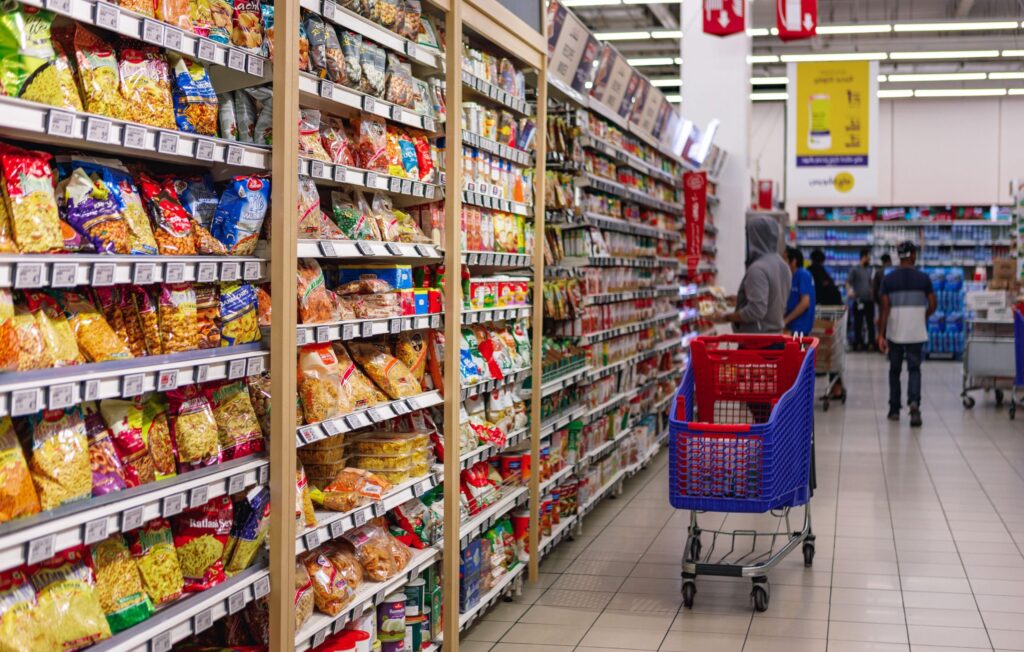65% report rising costs linked to tariffs
PMI survey shows weaker growth in May
‘Competitive pressure and weaker trade’
UAE businesses are starting to feel the impact of US tariffs, with cost pressures mounting and revenue forecasts dipping, industry studies have found.
Around 65 percent of UAE-based companies surveyed by HSBC reported rising operational costs linked to tariffs announced by President Donald Trump in April.
Some of the “Liberation Day” levies have since been paused or scaled back and the policy is now the subject of a legal battle in the US. A trade court ruled last week that the president’s use of emergency powers was unlawful. Appeal court hearings are underway.
Despite the uncertainty, the impact on Gulf businesses is already being felt. In the poll of 5,700 HSBC clients across 13 countries, nearly one-fifth of UAE respondents said they expected a hit to revenues, particularly in sectors that rely heavily on cross-border supply chains.
“UAE customers are feeling the pressure their suppliers are experiencing in different jurisdictions,” said Deyana Cherneva, HSBC’s regional head of global trade finance for the Middle East, North Africa and Turkey, on Dubai Eye radio.
Fast-moving consumer goods such as groceries are bearing the brunt of the immediate inflationary impact, Cherneva said, while industrial and oil and gas sectors are likely to feel the effects of higher input costs over the next 12 months.
Eighty percent of UAE respondents expect the cost pressures to persist for the rest of the year.
Another industry survey has found that growth in the UAE’s non-oil private sector slowed last month. The seasonally adjusted S&P Global UAE Purchasing Managers’ Index dropped to 53.3 in May, from 54 in April.
This is the lowest score since September 2021, though it remains above the 50 threshold that separates expansion from contraction.
“Although businesses continued to welcome strong demand from their clients, there were some reports that competitive pressures and weaker trade amid US tariffs had weighed on growth,” said David Owen, senior economist at S&P Global Market Intelligence.
UAE inflation was expected to ease to 2 percent in May, according to central bank estimates, but S&P’s data shows a “modest” increase in input costs last month.
That has prompted non-oil companies to raise selling prices for the fifth consecutive month. “The rise was only marginal, as efforts to transfer higher costs to customers were partly counterbalanced by discounts elsewhere,” Owen said.



